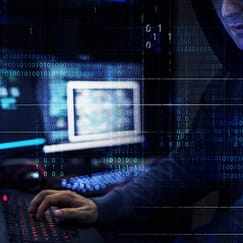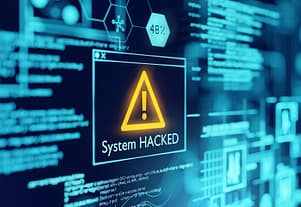Understanding Cyber Bullying
Cyberbullying involves the use of digital platforms to harass, threaten, or embarrass individuals. This can occur through social media, text messages, emails, and other online communication methods. The anonymity provided by the internet often emboldens bullies, making it a challenging issue to address. Victims of cyberbullying can experience severe emotional distress, leading to anxiety, depression, and in extreme cases, self-harm or suicide.
The Role of a Cyber Bullying Investigator
A Cyber Bullying Investigator is a specialist tasked with uncovering instances of online harassment and gathering evidence to hold perpetrators accountable. Their primary responsibilities include:
Case Assessment and Analysis:
Investigators begin by assessing the severity and scope of the reported cyberbullying incident. This involves interviewing the victim, collecting initial evidence, and understanding the context of the harassment.
Digital Forensics:
A significant part of the job is conducting digital forensics. Investigators trace digital footprints, analyze metadata, and recover deleted communications to build a comprehensive picture of the bullying activities. This technical work requires proficiency with various software tools and an understanding of cybersecurity principles.
Evidence Collection and Preservation:
To build a strong case, investigators meticulously collect and preserve evidence. This includes screenshots, chat logs, emails, and any other relevant digital records. Ensuring the integrity of this evidence is crucial for potential legal proceedings.

Collaboration with Law Enforcement and Legal Entities:
Cyber Bullying Investigators often work closely with law enforcement agencies and legal professionals. They provide expert insights and evidence that can be used in court to prosecute offenders. Understanding legal protocols and maintaining confidentiality is vital in these collaborations.
Victim Support and Advocacy:
Beyond the technical aspects, investigators play a critical role in supporting victims. They offer guidance on how to secure personal accounts, avoid further harassment, and connect victims with counseling services. Their empathetic approach helps victims feel heard and supported.
Preventive Measures and Education:
Educating the public about the dangers of cyberbullying and preventive measures is another key responsibility. Investigators often participate in community outreach programs, workshops, and seminars to raise awareness and promote safe online practices.
Essential Skills and Qualifications
A Cyber Bullying Investigator must possess a unique blend of technical, Cyber Forensic Investigations Services analytical, and interpersonal skills. Key qualifications include:
Technical Proficiency:
Expertise in digital forensics, cybersecurity, and familiarity with various online platforms and communication tools.
Analytical Thinking:
Ability to analyze complex data and patterns to identify the source and methods of cyberbullying.
Communication Skills:
Effective verbal and written communication to interact with victims, law enforcement, and other stakeholders.
Empathy and Sensitivity:
Understanding the emotional impact of cyberbullying and providing compassionate support to victims.


.png)







Write a comment ...